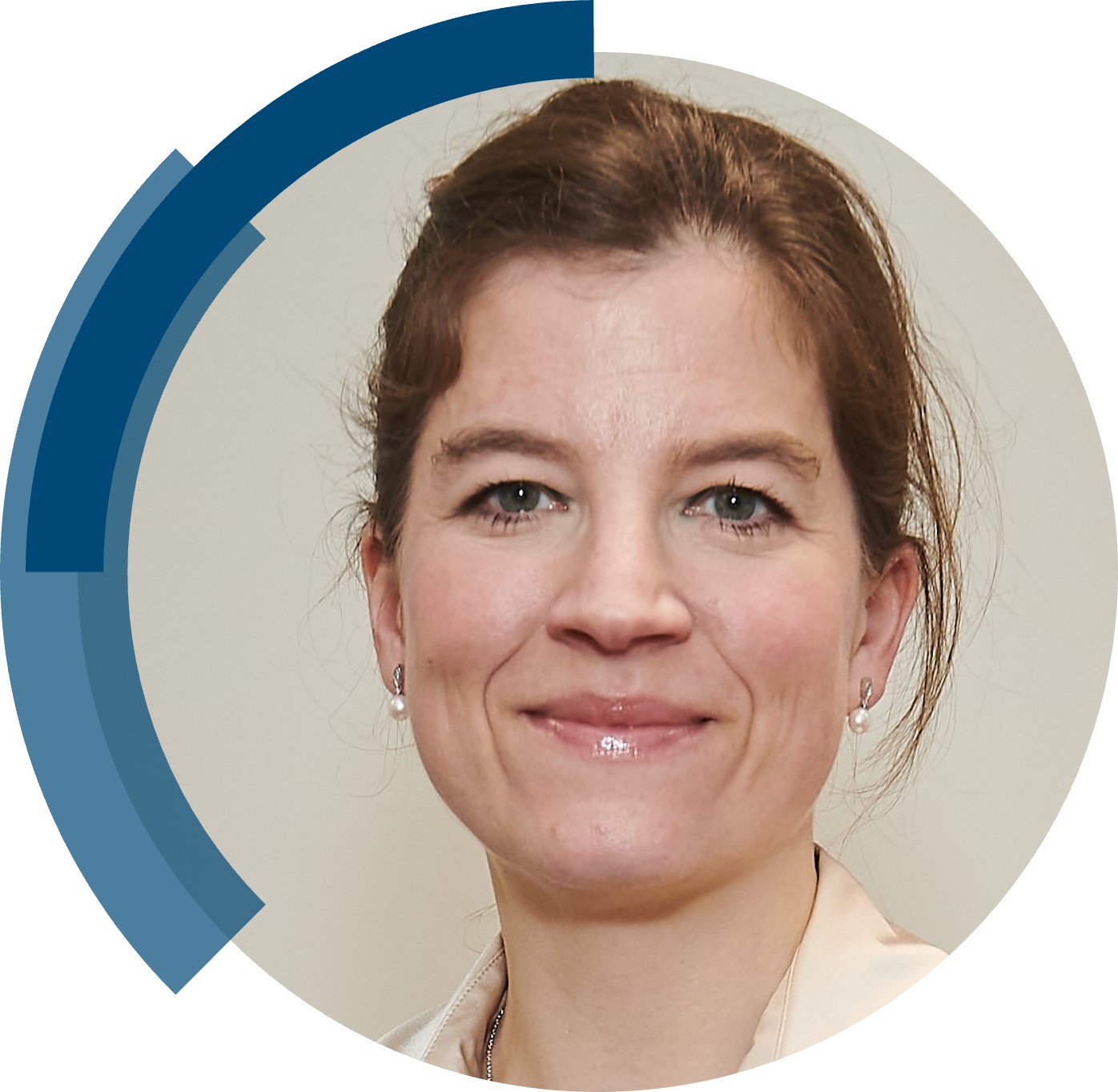ChemComm is publishing its 60th volume in 2024. Over the past 60 years, ChemComm has been the RSC’s most cited journal, and one of the most trusted venues for rapid publication of short communications. In our anniversary year, we recognise the important contributions ChemComm has made, and continues to make, in advancing the chemical sciences.
As part of our anniversary celebrations, we’ve brought together a collection featuring the latest research from some of our most loyal and dedicated authors. From those marking the beginning of their independent academic career by publishing their first article with us, to the rising stars and established leaders publishing in our yearly ‘Emerging Investigators’ and ‘Pioneering Investigators’ collections, this collection champions the contributions of our worldwide author community. We are proud many authors choose to support our journal by regularly publishing their best work with us. This collection also features papers from our ChemComm Emerging Investigator Lectureship winners, and our Outstanding Reviewer awardees, whose invaluable feedback has shaped our published content through the years.
To accompany the collection, we’ll be publishing interviews with contributing authors where they provide further insight into their research and reflect on their journey with ChemComm.
Check out our interview with Maxie Roessler (Imperial College London, UK) below!
What is your favourite thing about ChemComm?
I really like that the papers are short and to the point, whilst aimed at the general chemistry readership.
How would you describe the peer review process and interaction with the editorial team at ChemComm?
The peer review process is fast and efficient – and all my interactions with the editorial team have been very pleasant.
Are there ways in which the journal can further support and engage with future generations of scientists?
Initiatives like the New Investigators Issue are great. I was delighted when I received the invitation to contribute to the 60th anniversary issue as we published our original paper on protein film-electrochemical EPR spectroscopy, that this paper builds on, in Chem Comm in 2019.
My suggestion would be to provide a little more support with fitting the paper into 4 pages (e.g. by adjusting figures, legends and spacings), rather than leaving a large part of the editing process to the authors even at first submission.
Could you provide a brief summary of your recent ChemComm publication?
In our paper we showcased a new spectroelectrochemistry developed in my group, film-electrochemical electron paramagnetic resonance spectroscopy (FE-EPR), applied to redox-active membrane proteins. We demonstrated the feasibility of using this method to investigate essential electron transfer processes occurring in proteins whilst in their native (membrane) environment.
In your opinion, what are the next steps or potential areas of research that could build upon the findings in this paper?
Ultimately, with FE-EPR, we hope to capture paramagnetic intermediates in membrane proteins whilst they are doing catalysis. The idea is to gain simultaneous insight into reactivity (from electrochemistry) and structure of key active site states (from EPR). This is a challenging undertaking, but I believe it is worth the effort to fill a gap in the methodology currently available to student complex biocatalytic processes.
Be sure to read Maxie’s article, “Film-electrochemical EPR spectroscopy to investigate electron transfer in membrane proteins in their native environment” to learn more!












